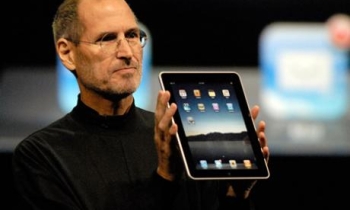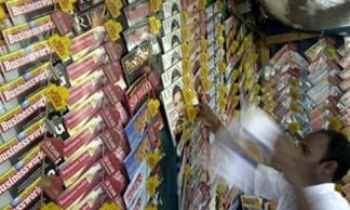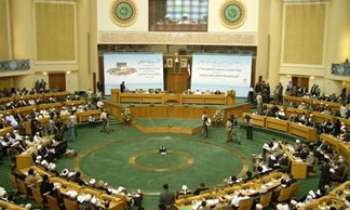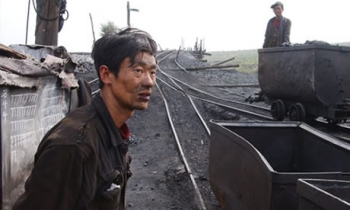DUBAI – Only a miniscule percentage of the hundreds of newspapers in the Arab world enjoy credibility. And this, because most of the media establishments are owned directly or indirectly by governments – who do not want the truth to be told.
This was the blunt criticism made by an acclaimed Arab journalist, Mohammed Jasem Al Saqr, Editor of the Kuwaiti newspaper Al Qabas, while addressing the Arab Media Forum 2006.
He said that while the session on 'Credibility of Arab Media' sounded accusatory, it was true that owing to government ownership of television channels and newspapers, the media in the region does lacks credibility.
Of the 250 odd newspapers in the region, he added, only five or ten are reliable. Lamenting the state and quality of news reporting in the region, Al Saqr pointed out that a good part of the news covered and given prominence involves coverage of top government officials. Even sports channels are not spared this bias, Al Saqr said.
Othman Al Omair, publisher of the powerful online Arabic newspaper Elaph, said that it was not possible to separate the society from the media.
He pointed out that whatever happens in a society, in schools and colleges, mosques and streets, will be eventually reflected in the media coverage. He also blamed the state of infrastructure in the region, lack of technology, and a general lack of the reading habit in the people for the condition of the Arab media.
Al Omair however noted that questioning the credibility of the Arab media was generalising an issue, and cited the deaths of Arab journalists in the line of duty as proof of the Arab media's credibility. Echoing Al Omairs sentiments, Jameel Matar, Head of the Arab Centre for Development and Future Research, said that it was wrong to expect credibility from the media when the rest of the system lacks credibility. A surprise participant in the Q and A round of the first general session, Lieutenant-General Dhahi Khalfan Tamim, Commander-in-Chief of the Dubai Police, noted that more than anything the Arab world should change is the way children are brought up, especially in terms of their formal education.









